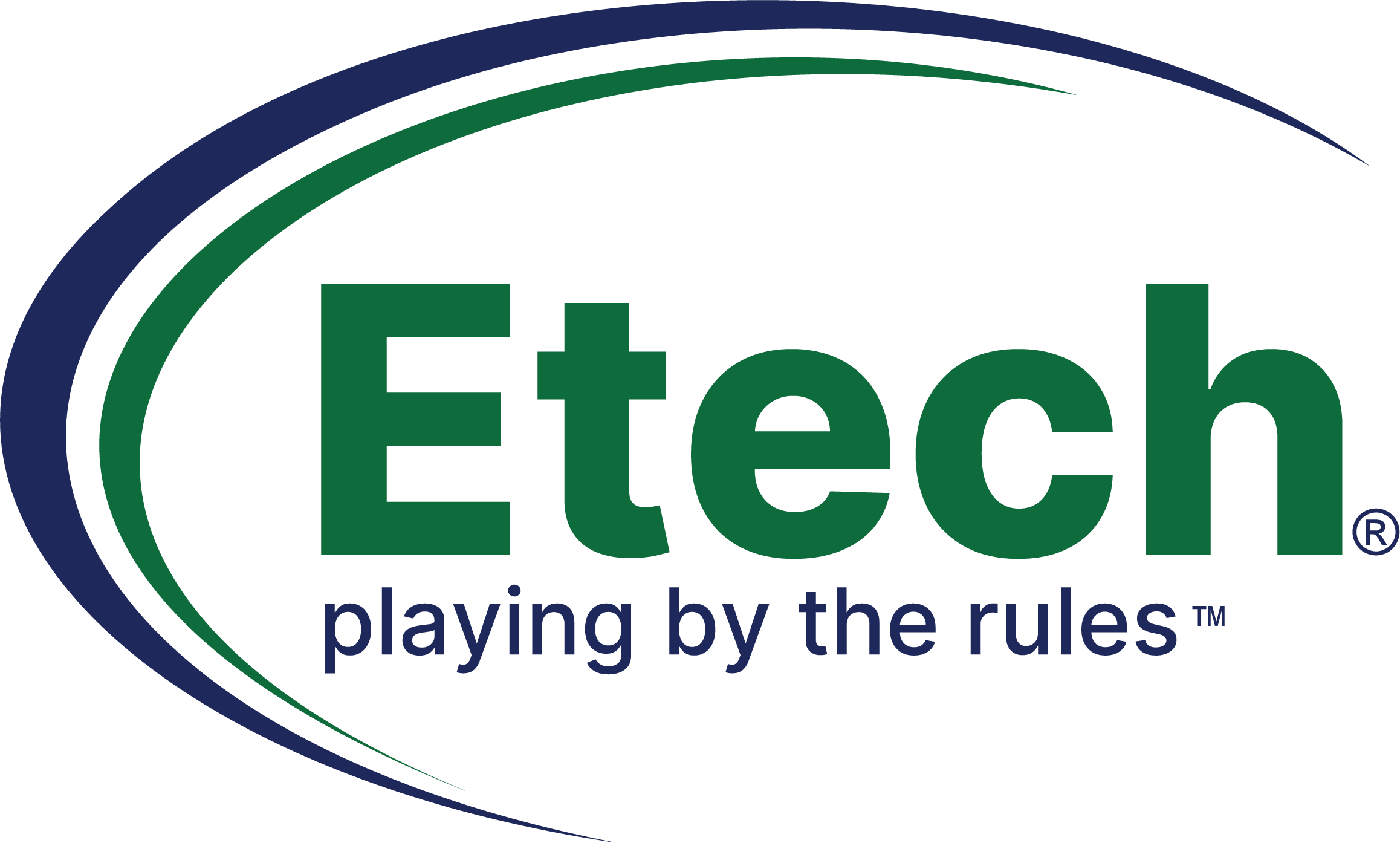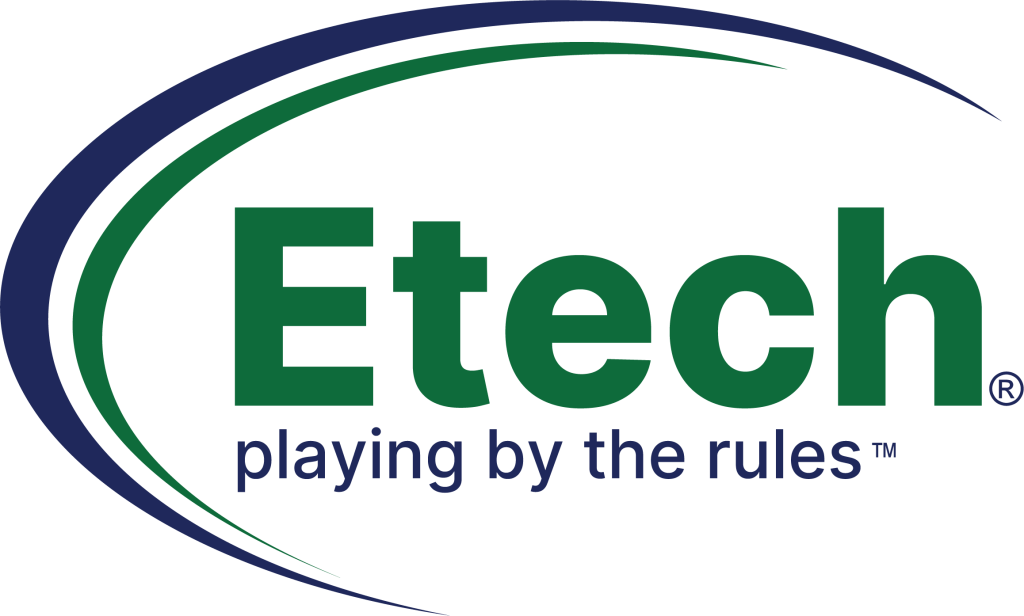Why do all great leaders need to be lifelong learners?

Etech’s 12 Character Commitments: Part – 4
Over 12 years ago we made the decision to implement a new philosophy on leadership that supports our vision to make a remarkable difference for each other, our customers, and within our communities. Our goal was to inspire Etech’s leadership team to embrace the challenge to conform our company to a servant-led organization. The pillars of Etech’s servant leadership culture are our 12 leadership commitments.
Those commitments are:
- Being a positive influence
- Valuing others
- Leading with integrity
- Leading with humility
- Leading with courage
- Being a team player
- Communicating well
- Holding yourself and others accountable
- Adapting to change
- Being a lifelong learner
- Being creative
- Embracing, living, and casting our vision
In this article, I am going to address how to be a lifelong learner. I encourage each of you to read, embrace, and self-evaluate. I would be honored to hear your thoughts or feedback.
How to commit to lifelong learning for leadership success?
At Etech we have embraced teachability or “being a lifelong learner” as one of our character commitments. This is a great concept, but what does it mean to truly commit to teachability? Below are some tips to help you on your journey!
1. Know your subject
It’s what you learn after you know it all that counts. Coach John Wooden of UCLA won 11 national championships in 12 years, yet he never stopped searching for ways to learn more, improve himself, and improve his teams. He leveraged the knowledge of basketball from his experience as a player and the wisdom of his coaches (Earl Warner, Glenn Curtiss, and Piggy Lambert).
As a college player, he interviewed opposing coaches to gain insight into their strategies. As a high school coach, he attended Frank Leahy’s Notre Dame Football practices and learned time management. After every season he sent out his research survey on a particular basketball topic to coaches who were outstanding in that field.
Through the end of his career, he attended every coaching clinic he could; always with an open mind, wanting to learn more. Although many considered him a “subject matter expert” he constantly sought more knowledge. Whether it is the BPO industry or hospitality, never stop reading, researching, attending seminars, expanding your subject expertise, or seeking advice from those around you.
2. General knowledge
Gandhi once said, “Learn as if you were going to live forever, live as if you were to die tomorrow.” Coach Wooden took this message to heart. He took several classes in psychology as he thought it would help him become a better teacher. He was an avid reader of a variety of subjects.
The numerous books that he read about Mother Teresa and Abraham Lincoln helped him formulate his philosophy of life which he shared with his students. He truly had intellectual balance. When people ask our very own, Dilip Barot, what he does, his first response is always, “I am a student of life.” His life works back up that statement.
3. Professional attitude
Learn to disagree without being disagreeable. There will be conflict in any work environment. Working through these situations with an open mind, and exhibiting calmness and reason, is the mark of a true professional. Having this attitude enables unparallel growth opportunities for you and those around you.
4. Discipline
You cannot antagonize and be a positive influence, and you will end up antagonizing if you discipline through emotion. Discipline is required in any learning environment. It is helpful to remember that the purpose of discipline is to teach, not to punish.
5. Organization
There is no substitute for hard work and careful planning. At the core of Etech’s successes are project plans. Everything we do starts with a detailed and documented plan to drive success. At times, it seems we spend as much time in planning as in execution, but it works!
6. Community relations
The happiest moments in life come from making someone else happy. At Etech we have been blessed. It is our responsibility to intentionally help others, especially those less fortunate. When we do, not only will we find it rewarding but we will learn some valuable lessons along the way.
7. Teach by example and not always words
Our youth need examples more than critics. When we set a great example, instruct with reason & not a criticism, and listen — we’re likely to have a productive relationship. One that benefits both students as well as teachers.
8. A genuine concern for others
People truly do not care what you have to say as much as they want to know that you truly care about them. In my 39 years in business, my best leaders were more concerned with loving than being loved, giving than receiving and being a motivator rather than being motivated.
You will discover that when you learn to put the needs of others at the forefront, the whole organization will benefit. Plus, you will learn some valuable information about your team in the process.
9. A burning desire to improve
When success blinds you to your opportunities, you will face failure. The burning desire to improve, even when others view us as successful, is the trademark of a truly great teacher. Never lose that desire to improve!
I hope this gives you some ideas to contemplate.
Until next time, may you continue to make a difference in the lives of the people you touch each day.


